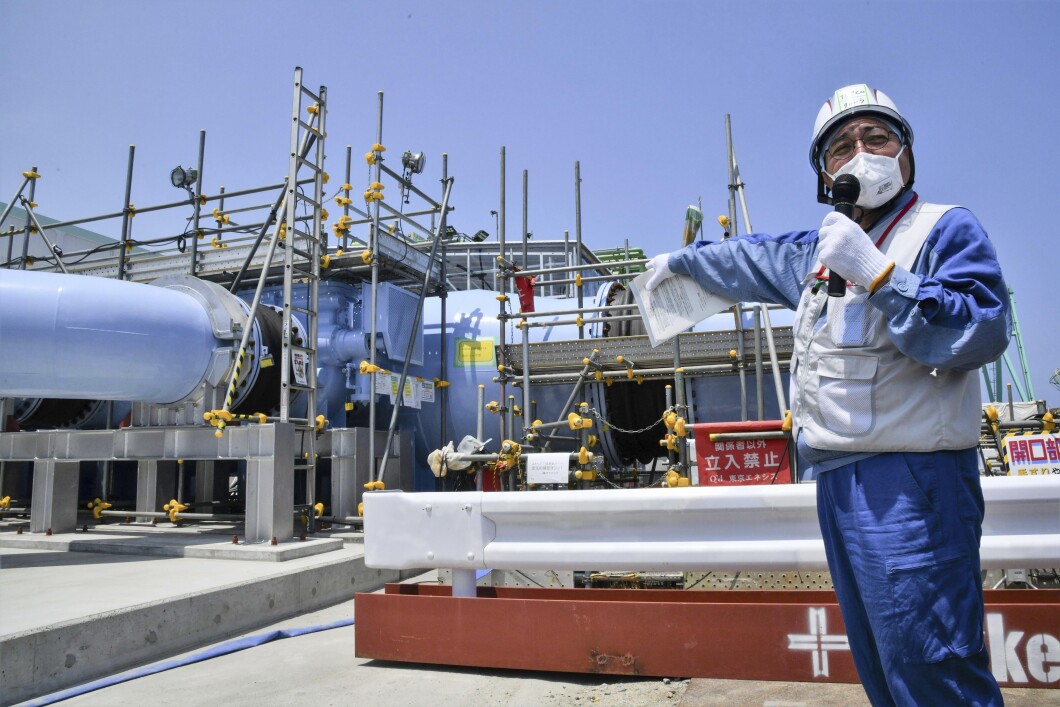
The Fukushima nuclear power plant has been cleared to dump its radioactive wastewater into the Pacific Ocean.
Following the disaster caused by the 2011 earthquake and tsunami, which resulted in a meltdown in three of the plant’s reactors, the Japanese government pumped large amounts of water into the reactors in order to cool them. In 2021, the government announced its plans to release the water gradually into the Pacific Ocean after some treatment, a solution the International Atomic Energy Agency independently surveyed and cleared on Tuesday.
THE FOURTH OF JULY REMINDS US WHY FREEDOM MATTERS SO MUCH

“Based on its comprehensive assessment, the IAEA has concluded that the approach and activities to the discharge of ALPS treated water taken by Japan are consistent with relevant international safety standards,” Director General Rafael Grossi wrote. “Furthermore, the IAEA notes the controlled, gradual discharges of the treated water to the sea, as currently planned and assessed by TEPCO, would have a negligible radiological impact on people and the environment.”
Though the water is radioactive, its radioactivity is so low as not to have any negative health or environmental effect, the report states, and is consistent with international safety standards.
Despite assurances from the Japanese government and IAEA of the plan’s safety, it has caused an uproar from nearby nations, which are not convinced.
China and South Korea have been two of the most vocal opponents of the plan since its 2021 announcement. Domestic fishermen, who worry about further damage to their reputation, have also voiced concern.
The Chinese Foreign Ministry claimed that the IAEA report was hastily done and incomplete and said Japan was turning the Pacific Ocean into its personal sewer.
“Japan has chosen to shift the risk of nuclear contamination onto the whole humanity,” it said, according to the Wall Street Journal.
CLICK HERE TO READ MORE FROM THE WASHINGTON EXAMINER
While the government of South Korean President Yoon Suk Yeol is attempting to ease tensions with Japan by assuring the public of the plan’s safety, the public has shown its opposition. South Korean citizens have been panic-buying salt because they fear salt taken from the ocean after the radioactive water is released will be contaminated.
More than 1.33 million cubic meters of water has accumulated in storage tanks near the Fukushima plant, according to Al Jazeera, and Japan has warned that it is running out of space.





